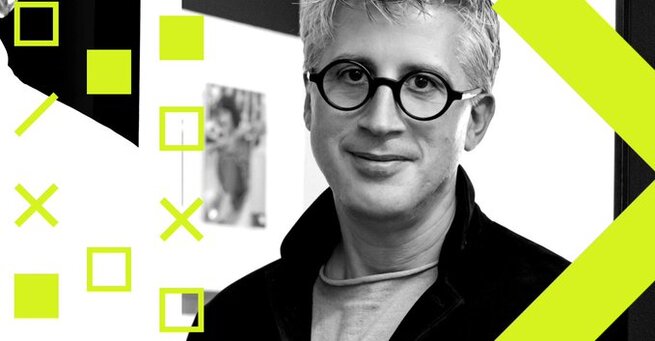Alerts

Zocdoc CEO Oliver Kharraz believes the way people search for health information online is about to change forever. During a recent discussion, Kharraz boldly stated, “Dr. Google is going to be replaced by Dr. AI.” His comment underscores a future where artificial intelligence plays a central role in diagnosing symptoms, booking medical appointments, and personalizing care — areas that Zocdoc is already working to optimize.
For years, people have relied on Google to self-diagnose or research symptoms before consulting a doctor. However, as AI becomes more sophisticated, platforms like Zocdoc are exploring how to make healthcare more personalized and accurate.
According to Kharraz, generative AI will not only provide faster answers but also reduce misinformation and improve patient outcomes. Instead of wading through hundreds of search results, users may soon have AI assistants that understand their medical history and insurance coverage before suggesting next steps.
Zocdoc, long known for helping patients find and book appointments, sits at a unique intersection between digital convenience and regulated healthcare systems. Its platform already manages complex data — including doctor availability, accepted insurance plans, and verified patient reviews — making it a natural foundation for AI-driven healthcare assistants.
Kharraz emphasized that while tools like ChatGPT or Google Gemini may automate interactions, they still depend on reliable platforms like Zocdoc to complete real-world actions, such as booking a visit with a qualified doctor.
One of Kharraz’s main points was about trust — something that’s essential in healthcare. He argued that while AI can enhance speed and personalization, it must operate transparently and ethically.
Patients must know where information comes from and how AI makes its recommendations. Zocdoc’s verified reviews and strict data privacy standards, he said, provide a strong foundation for integrating AI responsibly into medical decision-making.
Kharraz sees “Dr. AI” as more than just a chatbot. He envisions a system that can:
Translate complex medical jargon into simple explanations.
Connect patients with doctors who specialize in their condition.
Factor in insurance coverage, location, and appointment availability.
Follow up with reminders and post-care guidance.
This approach could help reduce missed appointments, improve early diagnoses, and cut down unnecessary ER visits — all while saving patients time and money.
Despite growing interest in AI, Kharraz doesn’t see it replacing human doctors. Instead, he views AI as a collaborative tool that empowers medical professionals and patients alike.
“AI will handle the information overload so doctors can focus on what matters most — caring for their patients,” he said. The ultimate goal isn’t to eliminate human judgment but to enhance it through better data and smarter systems.
As the line between technology and medicine continues to blur, Zocdoc’s vision for a future led by “Dr. AI” feels increasingly realistic. With a blend of AI innovation, healthcare expertise, and patient trust, the company is positioning itself at the heart of a transformation that could redefine how people access care.
For Kharraz, one thing is certain — “Dr. Google” is being replaced not by a rival search engine, but by a revolution in intelligent, patient-centered healthcare.
𝗦𝗲𝗺𝗮𝘀𝗼𝗰𝗶𝗮𝗹 𝗶𝘀 𝘄𝗵𝗲𝗿𝗲 𝗿𝗲𝗮𝗹 𝗽𝗲𝗼𝗽𝗹𝗲 𝗰𝗼𝗻𝗻𝗲𝗰𝘁, 𝗴𝗿𝗼𝘄, 𝗮𝗻𝗱 𝗯𝗲𝗹𝗼𝗻𝗴. We’re more than just a social platform — from jobs and blogs to events and daily chats, we bring people and ideas together in one simple, meaningful space.
